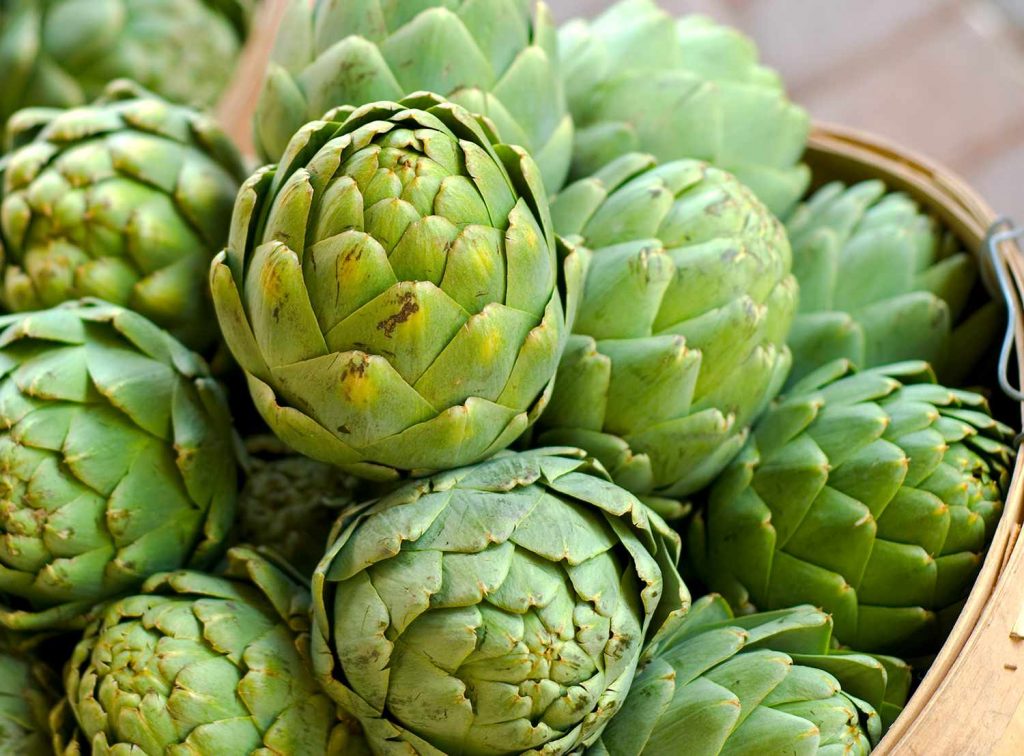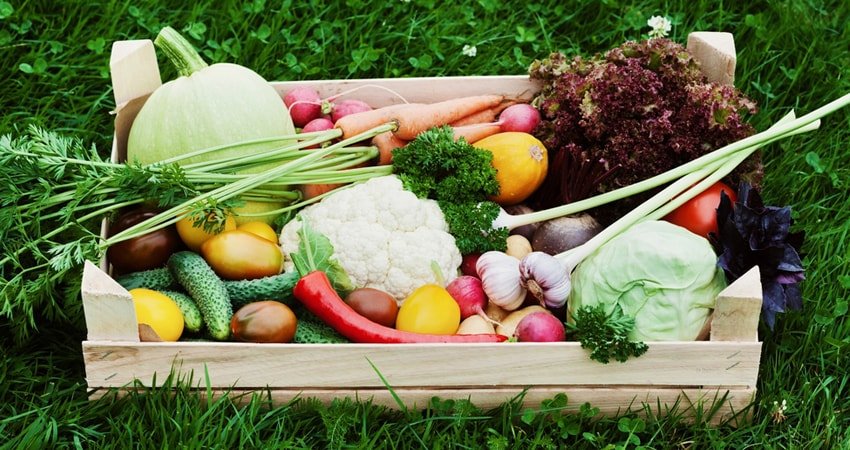
Be Careful
There are vegetables like artichoke, which at first sight do not make you want to eat them because of their appearance, without imagining the enormous amount of vitamins they can provide us. It is said that the best time to consume it is between September and May, but it can really be enjoyed all year round. In addition, the health benefits that artichokes provide us are incalculable.
Artichokes are an excellent source of calcium and phosphorus, but they also contain other minerals such as potassium, iron, magnesium and zinc. Among the vitamins, it is worth mentioning the presence of vitamin B1 and small quantities of vitamins C, B3, B5 and B6.
It is true that this vegetable is easy to prepare, but can be complicated to eat because it is necessary to carefully detach each of its leaves to reach the heart, the juiciest part. You can find it in the same way in capsules or in powder, there are even places where it is sold with leaves.
Among the many benefits of the artichoke, it is worth highlighting its purifying action and the elimination of waste from the body. It is an excellent ally for the liver and to eliminate fats and bad cholesterol.
Do you want to know the other important properties that the consumption of artichoke brings us? Well read on!
Helps in Weight Loss
Artichoke contains less than 1% fat and a small amount of carbohydrates, so its caloric value is very low: about 22 kilocalories per 100 grams. You can eat it in salads, roasted or raw with lemon. In addition to controlling your weight, it will help you burn excess fat.
Has a Strong Purifying Power
You can cook the artichokes and drink the resulting liquid which absorbs the properties of these vegetables and is truly purifying. Another option is to prepare an artichoke juice by squeezing a teaspoon of its finely chopped leaves, half a bunch of fennel, 4 green dandelion leaves, 4 stalks of celery and half a gourd. Add a little mineral water to this mixture. Take it on an empty stomach every three days and you’ll wake up lighter than ever.
Regulates Blood Sugar Levels

Another of the health benefits of artichoke is specifically for diabetics, as it reduces the sugar level in the body. After water, the main component of the artichoke is carbohydrates, among which insulin stands out.
A Natural Digestive
Artichoke reduces inflammation of the stomach and relieves heartburn, eliminating pain, distension and other discomforts. The vegetable fibers that artichoke has also help a lot to stay full. Finally, it helps to absorb excess water in the stomach.
Just as artichokes have positive effects on our bodies, people with high blood pressure should avoid them because of their high sodium content compared to other vegetables.
How to Get the Most Out of Artichokes?
The edible parts of an artichoke are the leaves and the heart. It doesn’t matter if they’re round or elongated, look for pieces that are compact, heavy for their size and have tight, fleshy, firm leaves; discard those with brown spots or limp stems.
Is There Freshness?
To check, bend a leaf; it should break easily and make a slight cracking sound.
How They Are Preserved
Do not cut the stem as it protects the core from oxidation; wrap them in a damp cloth, put them in a plastic bag and store them in the vegetable drawer of the refrigerator; this way they will keep for up to a week.
Prepare
Before cooking them, cut off the stem and rub this part with a split lemon. With scissors, cut off the beaten outer leaves and the hard tips.
Cooking
Method 1: Preferably, put them in a stainless steel or heat-resistant glass container (aluminum pans are not recommended as they turn black).
Pour enough water to cover them and add 1/2 lemon, 2 cloves of garlic (preferably crushed), 1/2 tablespoon of salt, a fresh bay leaf and 3 allspice; cover the pot and cook, over medium heat, for 20 to 30 minutes or until the artichokes are tender.
Method 2: Place in boiling water with salt or lemon juice or a little vinegar for 30 minutes.
Method 3: You can also steam them.
When Are They Ready?
You’ll know they’re done if the first time you try to pull a leaf, it comes off.
Now that you know all the benefits and medicinal properties of the artichoke, are you going to include this vegetable more in your diet? Let us know in the comments below.


